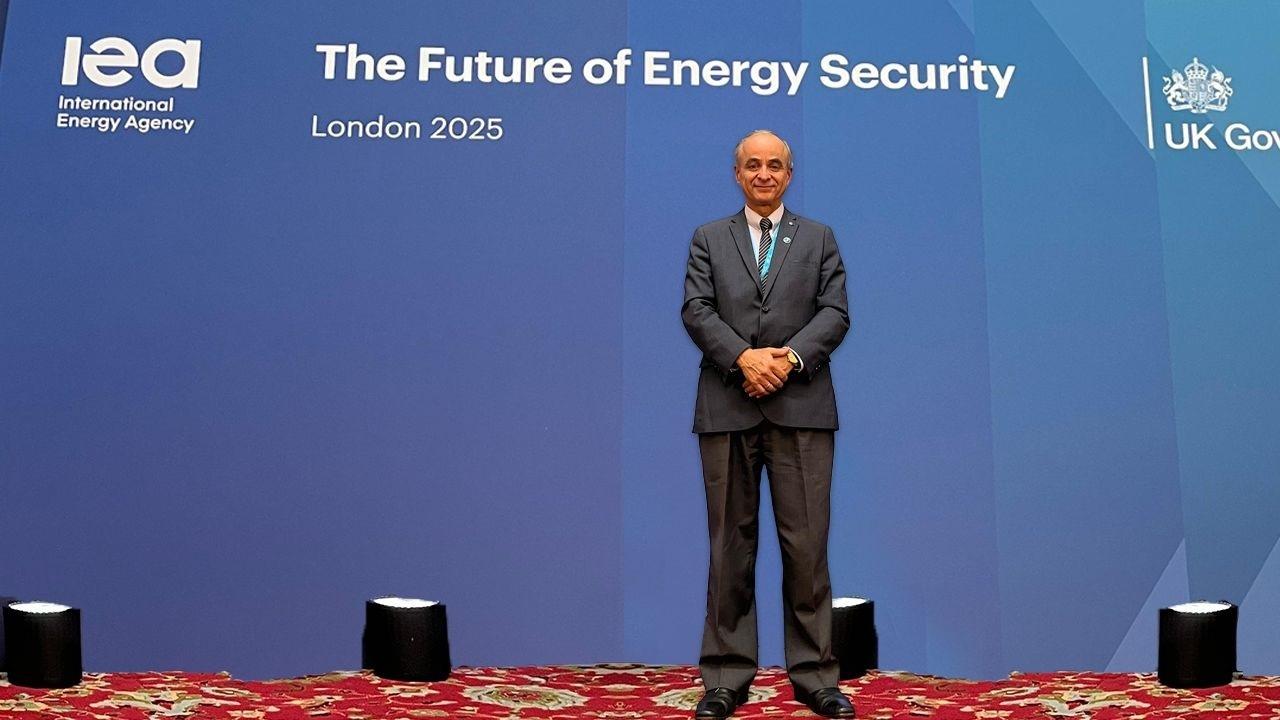
Peru's Minister of Energy and Mines has noted that critical minerals are key to the energy transition toward cleaner sources, as lithium, cobalt, and nickel are essential for the manufacture of electric vehicle batteries.
Peru's Minister of Energy and Mines, Jorge Montero Cornejo, has stated that, for the country, conventional energy sources such as hydrocarbons must be strengthened and promoted to reduce the risk to energy security, which will support the energy transition process toward sustainable and clean sources such as solar and wind power.
During his participation in the "Summit on the Future of Energy Security," taking place this Friday in London, he argued that Peru has many underexplored sedimentary basins, adding that, even with new technologies for hydrocarbon exploration and exploitation, there are opportunities to re-evaluate structures already drilled between the 1970s and 1980s.
Montero also noted that critical minerals are key to the energy transition toward cleaner sources, as lithium, cobalt, and nickel, found in Peru, are essential for the production of associated technologies such as electric vehicle batteries and energy storage.
Along these lines, he emphasized that copper is also vital for strengthening and expanding electrical grids, which will support increased electricity demand due to the widespread use of electric vehicles; as is neodymium, used in wind turbine magnets, and silicon, essential for the construction of solar panels.
"These minerals enable the development of green infrastructure, supporting the decarbonization of the energy sector," the minister emphasized, adding that Peru contributes significantly to the production of strategic minerals in Latin America and the Caribbean, such as copper, gold, silver, nickel, zinc, indium, lithium, and graphite, among others.










